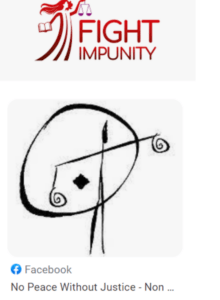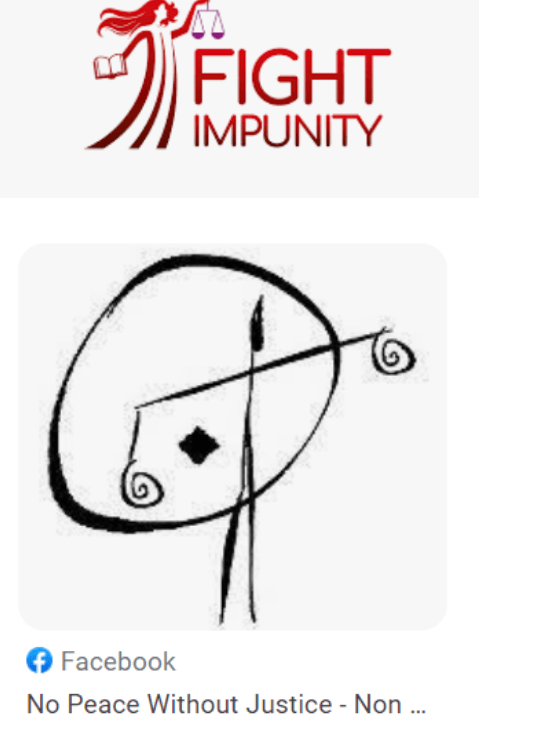It is surprising that the role of NGOs in the Qatargate corruption scandal that has plagued the EU has not received more attention.
One of the most important aspects of this drama is the pivotal role that non-governmental human rights advocacy organizations play.
When the Belgian police carried out a series of raids throughout Brussels and detained six individuals including prominent politicians the Qatargate scandal came to light. This money laundering and corruption scandal involved Greek politician Kaili and vice president of the European Parliament and former European Parliamentarian Pier Antonio Panzeri. Qatar is said to have paid Kaili to influence EU policymakers and secure policies in favour of Qatar.
It happened that Kaili and Panzeri ran the NGO “Fight Impunity” (https://www.fightimpunity.com/) at the centre of such a scandal together with the other NGO “No Peace without Justice” (http://www.npwj.org/) which had previously presented themselves as highly committed ethical organisations devoted to promoting and defending human rights. Their websites project images of purer than pure cause-driven organisations committed to fighting global injustice. Anyone is likely to feel inspired by the way they present themselves since on paper they make you think that they are a group of dedicated individuals struggling against “serious violations of human rights and crimes against humanity.”
Among other members on these NGOs one also finds a former French prime minister a former Italian foreign minister and the former head of the EU’s foreign policy.
NGOs’ claim that they are independent and do not represent any particular interests because they are non-governmental and which is the foundation of their moral authority. Some NGOs claim that they can represent the interests of all people and can take a more objective view of societal issues than elected public figure who are criticized by NGO activists for their short-sightedness. They occasionally give off the impression that they and they alone are entitled to the moral high ground because of their unwavering dedication to a cause.
It is not surprising that institutions in the public and private sectors frequently seek a partnership with NGOs given the moral authority they enjoy. Many NGOs in turn rely on their collaborations with public and private institutions to survive. In recent years Brussels has become a haven for NGOs. Statistically in Brussels there were from 29 000 NGOs in 2008 to just under 35 000 NGOs in 2018. Since 2018 it’s likely that their numbers have increased and are currently approaching the 40 000 threshold.
EU funding is given to a large number of NGOs. NGOs received funding from the EU totaling €1.2 billion according to a report written by Markus Pieper a German Christian Democrat MEP from the European People’s Party. The EU has increased its funding of NGOs every year since 2015. It also committed €14.5 billion to NGOs in 2020. According to the EU Financial Transparency System the NGO “No Peace Without Justice” for instance received €4.14 million and received €3.79 million in payments between 2015 and 2020.
The EU institutions value NGOs as important collaborators in the decision-making process. Participation of NGOs in the creation of laws and policies helps to legitimize it. This explains why the two NGOs at the center of the Qatargate scandal were so closely involved in the work of the subcommittee on human rights of the European Parliament. Numerous EU politicians and public figures had joined “No Peace Without Justice” and “Fight Impunity” for the same reason.


